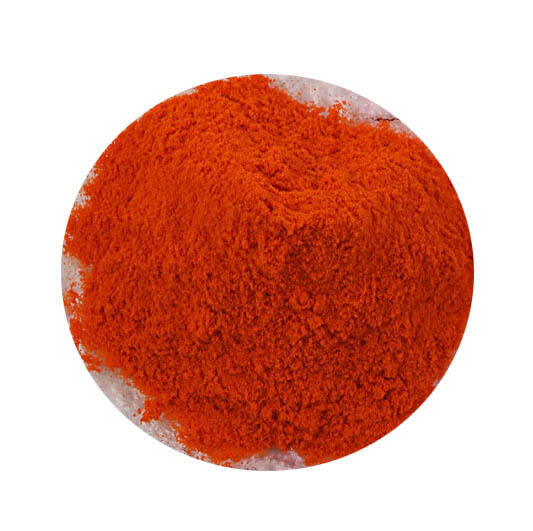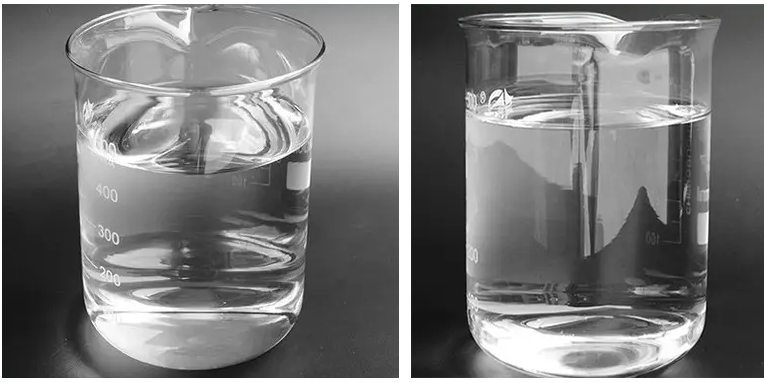During hot summer sun, a pool is suitable for those who want to enjoy their time. When the weather heats up, some opt for water parks and others like to stick closer to home with their own pools. You may be familiar with a chemical called calcium chloride if you have ever been or are an owner of a pool. And more importantly, what is calcium chloride and how does it help keep your pool in good shape for you to enjoy? So, without further ado lets get into the specifics!
A chemical called calcium chloride helps to maintain the water-ph balance of your pool. This is important because it significantly affects swimming safety, and this is where the correct ph of 7.5 comes into play (the pH should be between around 7.2 - almost as acidic as your morning coffee- up to about a neutral which water exists at). The pH levels in the water should be not too high or low to result skin and eye irritation as well as harm on your pool materials. If your alkalinity levels are low, Calcium chloride is there to help rescue you, and it does adjust the pH of water in such a manner that even mild sensitivity people find safe.

The introduction of calcium chloride to your pool system provides more than pH balance. It also has a big role to play in ensuring pool equipment does not corrode and lasts longer. For example, if the water in your pool is too acidic and metal parts of your pool gear (pump or filter) are being exposed to this overly acidic environment, they get corroded. BUT calcium chloride is there to prevent this and keep the water pH in balance SUBDUING, its ability to corrode.
Also, there is no scaling when you use calcium chloride. Scaling occurs when minerals, typically calcium or magnesium in your pool water build up on the surface of the pool and equipment forming a hard white layer. Calcium chloride removes this compound by combining with these minerals so they do not cling to the walls of your pool and equipment.

Calcium chloride - used to balance the pH and control corrosion, helps prevent scale build-up among a few other things. For example, it helps improve the clarity of your pool water by eliminating impurities and particles that can make pools look cloudy.
In addition, calcium chloride leads to a cuddlier and more pleasurable sensation on the skin of the pool water. This is because it helps to reduce the level of dissolved solids in water, such as chlorine or salt compounds which could otherwise cause dryness and itchiness.

To make sure your pool stays a safe and healthy place, you should understand how calcium chloride works as well as the manner in which it can be used. So, the first thing you can do at home is to check pH of your pool water with a testing kit or strips. The ideal pH for pool water should be between 7.2 and 7.8. In case the pH is too low, you can also add Calcium Chloride to increase it until recommended range.
It is important to follow the manufacturer's recommended usage procedures for calcium chloride. Then you must simply add the correct dosage of the chemical depending on your pools size and current level pH value that is in it. Also, do not forget to wear gloves and goggles when using calcium chloride as it can be caustic on your skin or eyes.
Read more A Complete Guide Using Calcium Chloride in Your Pool
Adding calcium chloride to your regular pool maintenance routine is quite simple. The first step you need to take is working out the size of your pool and seeing where its pH level stands at. Check a pool calculator and/or reach out to one of their professionals in order to find the right amount that you should add.
Adding Calcium Chloride to the Pool Water Start small, using maybe a pound per 10,000 gallons or so of water and then retest the pH in about an hour. Keep on adding calcium chloride until the pH drops to within limits, if required.
It is worth noting that adding calcium chloride to the skimmer or filter can cause damage to your equipment. First off, not at all by the edge of your pool but by throwing it in to the deep end so that you can mix and make sure u get coverage throughout!
Finally, calcium chloride serves a major role in keeping pools healthy and safe. With the strengthening of pH balance, prevention of corrosion and scale reduction as well as better clarity in water; when used properly calcium chloride will help keep your pool going strong for many more seasons to come.
business covers an area of about 300 acres, has assets totaling around 300 million yuan. sales network spans 30 calcium chloride in pools China as well as more 50 regions and countries Europe as well as United States, Southeast Asia Southeast Asia. It is most reputable company in the domestic 2-ethylanthraquinone sector and the market leader in hydrogen peroxide business.
Provide Most Advanced Production Workshops Technology Research.The R D Team Along Qc Production Team Are Actively Involved Process calcium chloride in pools Quality Assured.
calcium chloride in pools. We can offer the better quality to our customers. Our manufacturing unit is certified by ISO-9001-2015 and REACH.
As calcium chloride in pools care is our top priority we in a position to meet every one of our customers' needs. We offer a comprehensive plan any moment, with support for technical issues, free samples, sample tests and analyses, and also providing you with free product. Professional distribution and transportation, multi-regional service, and long-term collaboration with a variety of logistics companies plus the logistics team renders sure that products are delivered in time.
Copyright © Shandong MenJie New Material Co.,Ltd. All Rights Reserved